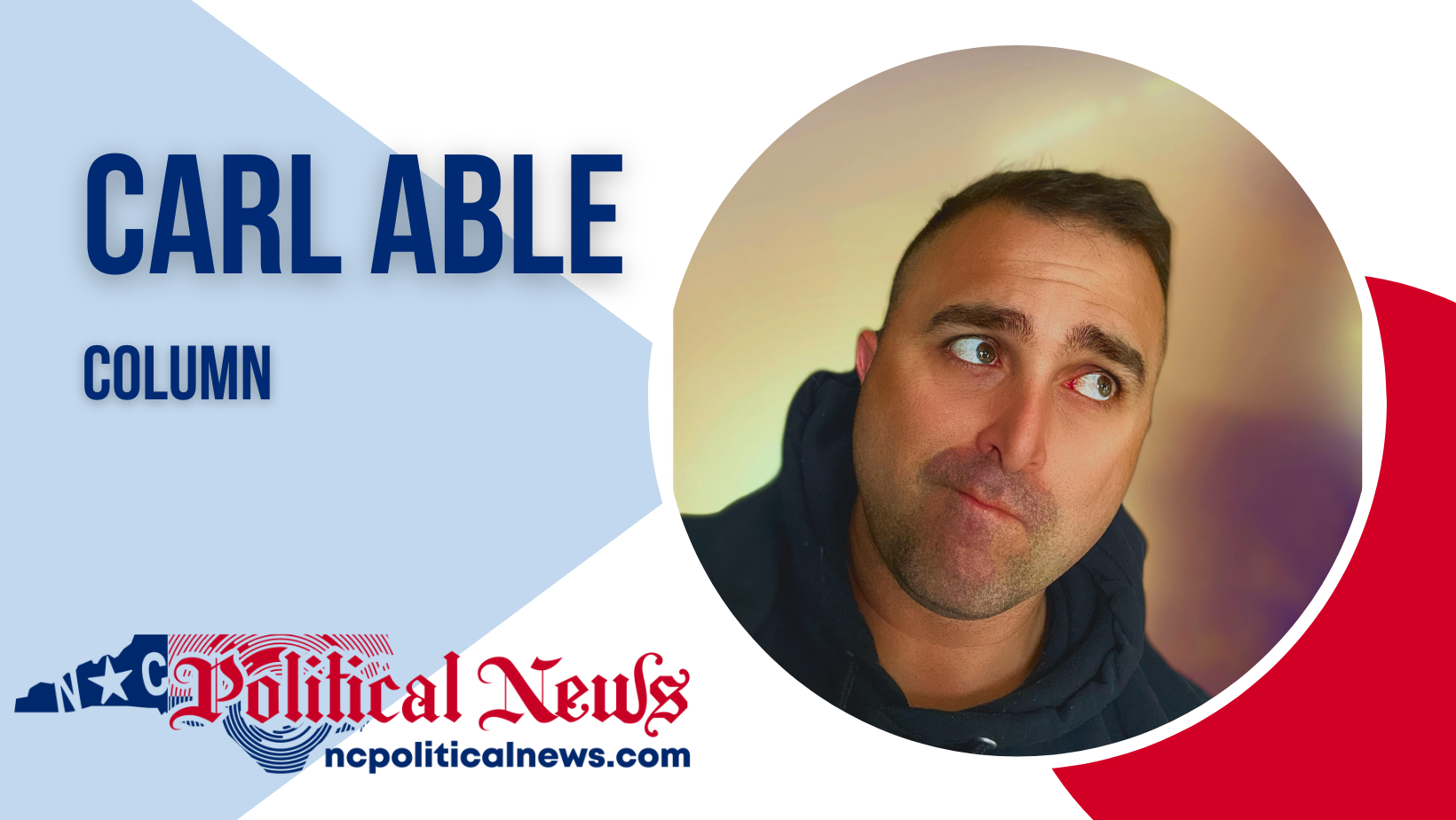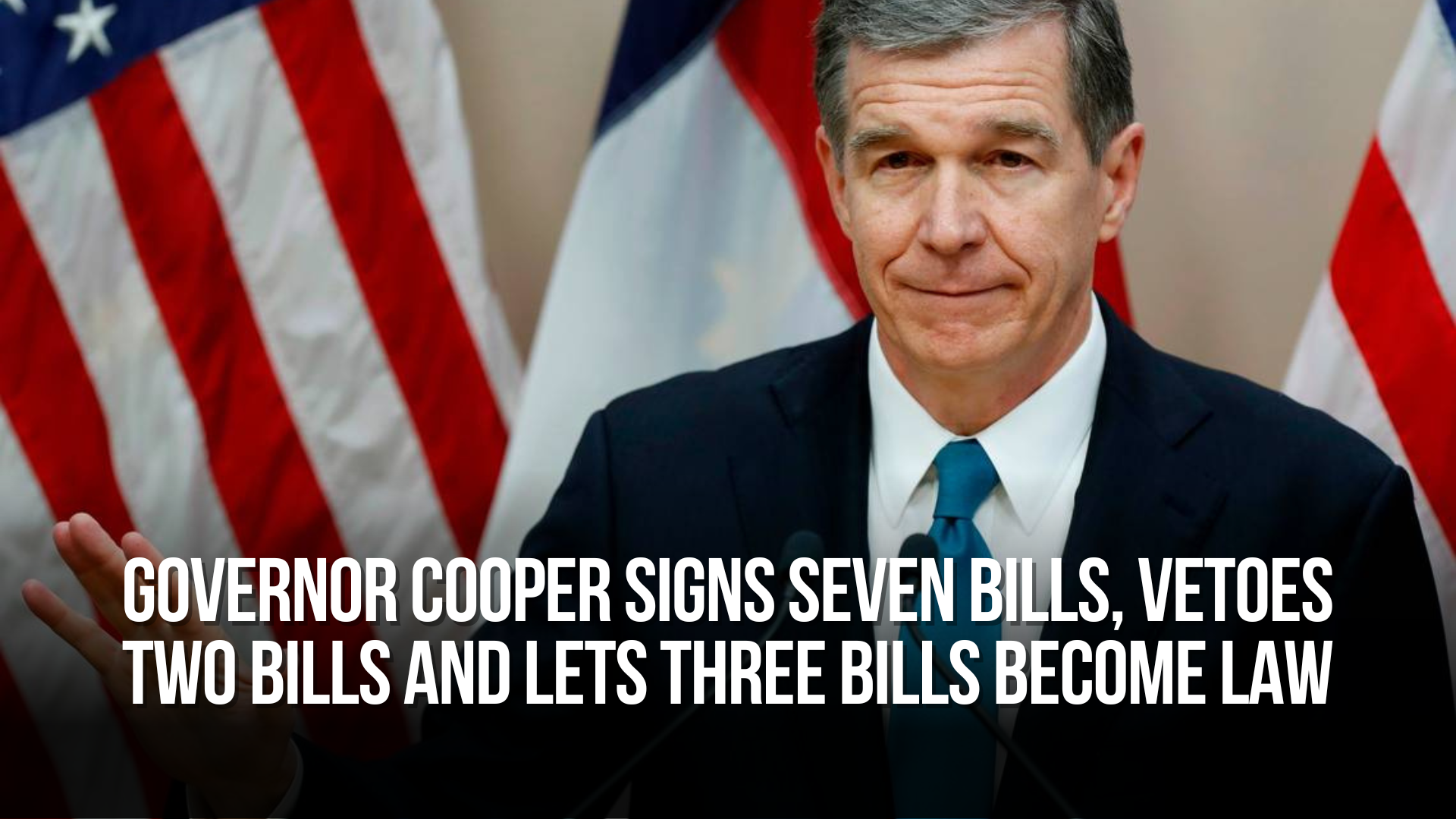Carl Able: Hypothetical meets historical: A primer on US Immigration Policy
Picture this: You are a resident of the state of Montana, your state has experienced a massive crisis in the form of major fires that have burned nearly ninety percent of the state and show no signs of stopping. These fires didn’t start in Montana, they have already burned down from Canada and are devastating every state from Oregon to North Dakota.
The Federal Government has established FEMA camps in the southern most states in an effort to accommodate the mass migration of millions of Americans fleeing the fires as they devastate their homes. You and your family only barely escaped a firestorm that destroyed your home, and everything you owned leaving you with only the clothes on your back, and you only have the cash in your pocket because major financial institutions have failed and the FDIC has stopped accepting claims in order to stop the rising inflation caused by opportunists that are raising prices to take advantage of the migrant Americans.
You have heard rumors about Texas having closed its borders to what they call “smokies”, but you never believed that Americans could turn away other Americans.
You have managed to get a ride for you and your family to the closest FEMA camp in the Texas Panhandle and as your ride approaches the Texas state border, you are filled with hope because you know the the end of your horrible ordeal is near. Then your vehicle gets stopped, when the officer approaches the driver’s side window, he announces himself as a Texas Ranger and begins to ask questions about where everyone in the car is headed.
You have heard rumors about Texas having closed its borders to what they call “smokies”, but you never believed that Americans could turn away other Americans. As the driver and the Texas Ranger talk, you begin to realize that the rumors were true. Finally, the ranger addresses everyone in your vehicle, “You all have two options, either I arrest you here and now and you all go to prison camps for illegally entering the state of Texas, or you turn this car around and head back the way you came.”
As the vehicle turns around, the driver tells you that she can’t believe that Texans have turned their backs on their fellow Americans, labeling “smokies” as inferior to Texans. Accusing the influx of “smokies” for the rising crime in their cities, the inflation gripping their economy and lack of available jobs.
This story seems outlandish, there is no possible way that such a thing could occur in our nation. Or could it?
There was a time in our nation when a natural phenomenon did, in fact, drive people from their homes. That natural phenomenon occurred during one of the lowest points in our nation’s economic history, the Great Depression. Jobs were scarce and then the Midwest suffered an extreme drought, creating what history refers to as the Dust Bowl. This combination of disaster and economic collapse, resulted in midwestern families losing their homes, their farms, and their livelihoods. Driven from the Midwest, these economic and climate refugees sought hope, and a chance to regain some semblance of dignity in places like California.
They were painted as scapegoats for problems bigger than any one group could shoulder.
Given the nickname “Okie,” these ordinary Americans, just like you and me, were met with hate and rejection. Looked down on as nothing but riffraff destined to become a plague on local and state economies in California, a Los Angeles Sheriff created the Bum Blockade to prevent the migration of these “Okies” into the state. Instead of helping their fellow Americans, this band of deputized bigots arrested, assaulted, and terrorized them.
History has shown us that people on the move, whether they’re “Okies”, “smokies”, or immigrants, are often just looking for a better life.
Where our “smokies” are a fictional group of Americans on the run from disaster, hoping for a warm welcome, the Okies are a real group of Americans looking for that very thing only to find nothing but hate, scorn, and violence instead. They were painted as scapegoats for problems bigger than any one group could shoulder. Heard that story before? Yeah, me too.
Fast forward to today. We’re knee-deep in a national debate on immigration. There’s a familiar refrain: ‘They’re taking our jobs, they’re causing crime, they’re not one of us.’ But here’s the thing: history has shown us that people on the move, whether they’re “Okies”, “smokies”, or immigrants, are often just looking for a better life.
As we grapple with the immigration question today, let’s remember the Okies. And let’s remember that most of us, if we look back far enough, are descended from folks who came here from somewhere else. So, as we roll up our sleeves and dive into this debate, let’s do it with understanding, with empathy, and, most importantly, with a memory that stretches beyond the present. After all, we’re all in this American experiment together. So, grab your crayon box, hit that subscribe button and get ready to color outside the lines as we examine the issue of American Immigration Policy.
Are you tired of being bombarded by paywalls and pop-up ads when trying to read the news? Do you believe that access to reliable political news should be free and accessible to everyone? Then we urge you to support NC Political News, a weekly electronic political news outlet.
NC Political News is committed to providing high-quality, unbiased political reporting with columnists from all political sides. Unlike other news outlets, NC Political News is free to read and supported by businesses who purchase ad space on our website and in our newsletter, which goes out Monday through Friday at 7:00 am. This means that readers like you can access the news without being asked to pay a cent or dealing with frustrating advertisements.
However, to continue providing this valuable service, NC Political News needs your support. If you believe in the importance of accessible, free news, we urge you to click the image below. Any amount of support is appreciated.
Together, we can keep the news free and help ensure our state stays informed and connected.




